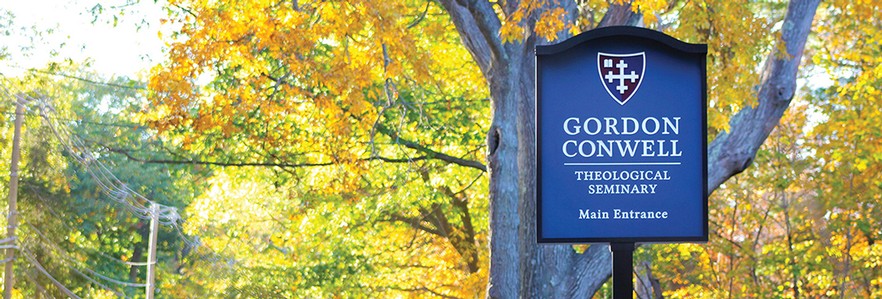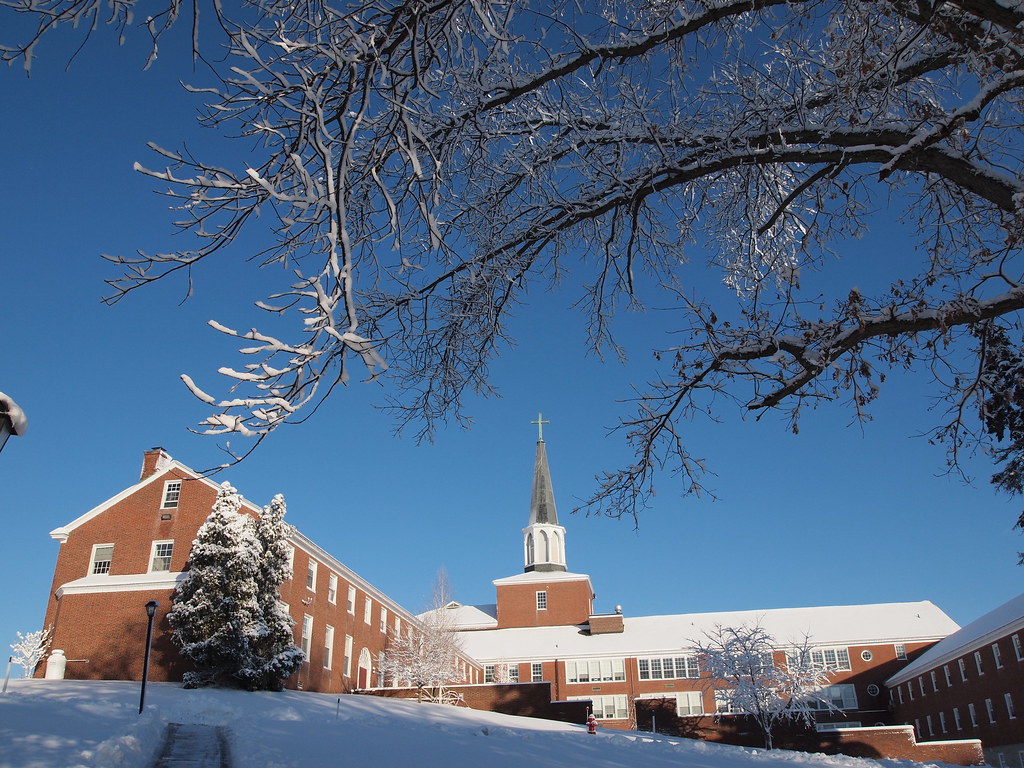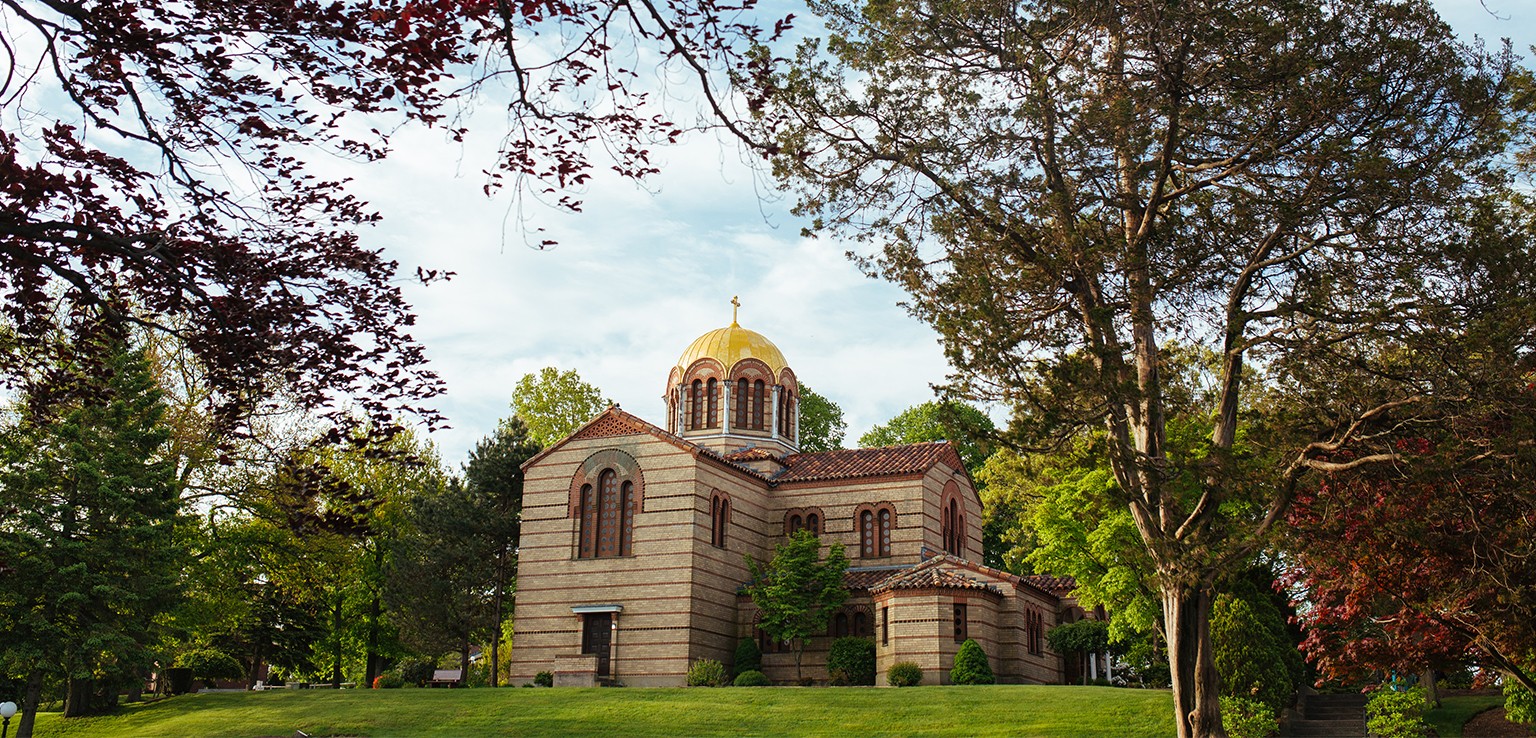FAQs From Current Students
Questions about Registering as a BTI Consortium Student | |
|---|---|
| What if I can't remember if I registered as a BTI Consortium student? What do I need to do to register as a NEW BTI Consortium Student? What if I registered as a new BTI Consortium student and did not get a confirmation email? What if I forgot my log-in information? I am a returning student and have my log-in information, what else do I need to do each semester?
| |
Questions about Cross Registration | |
| How do I cross-register? If I’m not enrolled at a BTI Consortium Member School, can I still cross-register? Is cross-registration included in my tuition? How many courses can I cross-register for? When will approved BTI Consortium courses be available for cross-registration? Why can't I find the course I want in the BTI Consortium Catalog? What is my “Home Registrar”? What is a “Host Registrar”? How do I know if I'm approved as a BTI Consortium student to cross-register? The BTI Office hasn’t responded to my request for a portal account yet, what should I do? My Home Registrar hasn’t approved my New Student Registration Form yet, should I contact them?
When filling out the cross-registration form, I cannot get it to work! What's up? What if the course I want needs professor approval (“Instructor permission required”)? How do I know if my cross-registration was approved? What do I do if my request to cross-register was denied? What do I do if I have not heard anything about my request to cross-register? Approval or denial of courses only comes from the registrars, not the BTI Consortium. Remember to check your spam/junk folders or any other filters you might have set up on your .edu address that you used to register as a BTI Consortium student. **Note for HDS cross-registration requests: HDS uses a "shopping period" in September for registration. You will not get a confirmation of approval or denial until that time. We strongly suggest contacting the instructor of the course (especially if it is a seminar [not lecture] course) prior to filing for cross-registration. Your registrars are aware of how HDS registers and will work with students in September should the need arise. Remember, no request to cross-register is complete or guaranteed until the process is approved by both home and host registrars. How do I contact the registrars? What is the deadline to cross-register? How do I plan for the semester at two different schools? What about Summer Courses and J-Term (January Term)? Sometimes BTI Consortium members offer J-term (January) courses for cross-registration. You complete the request in the same process, with the approved course number (during Fall registration for the Spring semester). Right now, the BTI does not offer summer courses, as most of our member schools are not open fully in the summer session. That said, there are great opportunities like the Harvard Summer Language Program and Hartford Seminary's Online Summer Term! For Summer opportunities, we recommend contacting the Host school's registrar or the summer program director. What if I have a question that isn’t answered here? |
Questions about BTI Consortium Library Access |
| Who is eligible for BTI Consortium Library Access?
How do I get BTI Consortium Library Access? Why didn’t I get a BTI Consortium Library Card? What are my BTI Consortium borrowing privileges? |
faqs from Prospective Students
Why should I consider graduate theological education at a BTI Consortium Member School?
- You are part of the largest and most diverse theological consortium in the world!
- When you enroll at one school...
- You may take courses at all ten schools-- over 650 courses taught annually!
- You can borrow books and use the library facilities at all the ten schools.
- You may chose from the 200 + local, national, and international training sites for field/contextual education that are approved by the ten schools.
- No other American city offers Boston’s breadth and depth of theological resources and faculty excellence.
What is interreligious education at the BTI Consortium?
The BTI's 10 schools are religiously diverse, and we work towards interreligious community and learning: the engagement between people of different (or no) religious traditions, with the aim of mutual understanding and growth.
The schools are not all alike; rather, our strength is in our diversity.
However, we do value sharing time and space with those whose beliefs differ from ours.
It is in listening and talking to others that our understanding of our own tradition is sharpened and strengthened.
In doing so we gain a better understanding of the people, practices, and beliefs of those around us.
What else do I gain by studying in Boston?
When you attend a BTI school, you will study in or around Boston, the college capital of the US.
You'll study alongside tens of thousands of students, studying the humanities, social sciences, and natural sciences.
Boston provides a stimulating academic environment along with great restaurants, parks, theater, art, and historical sites.
Why should I consider graduate theological education?
Studying theology means studying religious faith, practice, and experience. It connects you to the ways these things have and continue to shape the world around us.
This ancient discipline still speaks to us today—and is still highly relevant to gaining an understanding of the highly diverse nature of societies around the globe.
Some people study theology to better understand their own religious tradition; others focus on another tradition or traditions.
This is an inherently interdisciplinary field. Theology includes the study of human culture, meaning making, myths, philosophies, gender, poetry, and politics, among other things.
What can I do with a graduate theological education?
Theological education prepares students to live lives of compassion, to critically engage the world and its hardest problems.

Recent BTI Consortium graduates have gone onto a wide range of careers: Ordained and lay ministry, Chaplaincy, Higher and secondary education, Mental health and healthcare administration, Community development, Law enforcement, Advocacy and human services, Management and consulting, Nonprofits, Public policy, Law, Conflict resolution and mediation, The arts, Publishing, Communications and media - theology can support your passion!






 Can I register for a Doctoral Seminar if I’m not a doctoral student?
Can I register for a Doctoral Seminar if I’m not a doctoral student? 

